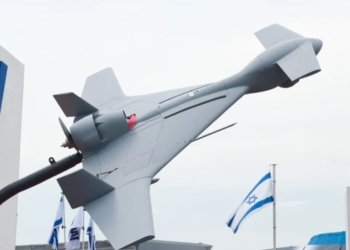In a significant move that escalates the technological cold war, the United States has blacklisted four Chinese technology companies. The action comes as a response to allegations that these firms have been aiding the Chinese military by supplying artificial intelligence (AI) chips. This decision reflects the ongoing tensions between the two global powers and raises questions about the future of international trade and technology sharing.
The Blacklist and Its Implications
The US Commerce Department has taken a firm stance by adding these companies to the Entity List, which effectively bars them from acquiring American goods and technology. This measure is part of a broader strategy to prevent sensitive US technology from being utilized in ways that could undermine national security.

The companies in question have been accused of contributing to China’s military modernization efforts, particularly in the realm of AI. The blacklist not only limits their access to US technology but also sends a clear message to the international community about the seriousness with which the US views the diversion of its technology to military uses.
China’s Response and the Global Stage
China has vehemently denied any wrongdoing, framing the US actions as an attempt to suppress the growth of Chinese businesses. The Chinese government has promised to take necessary steps to protect its interests, hinting at potential retaliation and further straining the already tense relations.
The global implications of this move are significant. Other countries and multinational corporations are closely watching the unfolding events, as they could signal shifts in policy and influence future international cooperation in technology development and trade.
The Future of Tech and Trade Relations
The blacklist is a pivotal moment in the ongoing narrative of US-China relations. It underscores the complexities of balancing national security concerns with the benefits of international collaboration. As technology continues to advance and become more integral to military capabilities, decisions like this could set precedents for how nations engage with one another in the technological arena.
The situation also highlights the need for clear international norms and agreements on the use of technology, especially AI, in military applications. The actions taken by the US may prompt other countries to reevaluate their own policies and the measures they take to protect their technological assets.



































